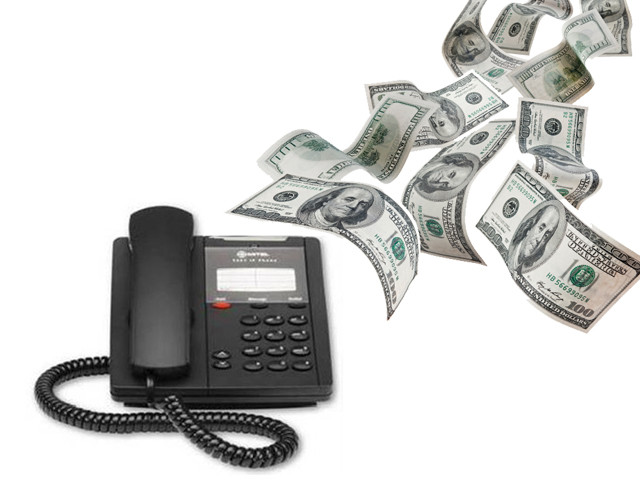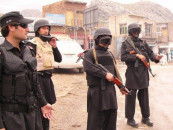Suspend payments to Pakistan telcos over call price hike: US regulatory body
FCC terms Pakistani long-distance international carriers’ actions "anticompetitive".

After the creation of a new “International Clearing House” Pakistani carriers decided to raise call rates to $0.088 per minute in the form of a tax.
In its order, the FCC said, “We find anti-competitive the Pakistani LDI [long-distance international] carriers’ actions demanding a substantial rate increase above previously negotiated rates in a way that amounts to a rate floor."
"Their continuation would result in a substantial increase in the cost of and repress demand for calling Pakistan," the order added.
The order also stated that Pakistani carriers had "acted in concert to impose unilaterally this rate floor without engaging in meaningful negotiations with US carriers and foreclosing future separate negotiations between US and individual LDI correspondent carriers.”
Action on the part of the FCC was initiated after Vonage Holdings Corporation stated there was a 500 percent increase in rates charged for outgoing calls to Pakistan. AT&T also supported Vontage’s stance and said that Pakistani carriers’ actions violate the commission’s policies protecting US consumers against "anti-competitive conduct".
Following the FCC order, shares for Pakistan Telecommunication Co (PTC) fell as much as five percent in Karachi trading.
International call hike background
Before October 1, 2012, international call rates had been based on cost and averaged $0.02 per minute for terminating calls into Pakistan via local long-distance carriers.
After the creation of a new “International Clearing House” the Pakistani carriers decided to raise the rate to $0.088 per minute.
The Pakistan Telecommunication Authority (PTA) established the telecom gateway. Under the ICH, all incoming international traffic was supposed to be handled through a centralised gateway, which was supposed to be operated and maintained by PTCL.
Under the arrangement, the LDI operators were to share the revenues from international incoming traffic based on their respective market shares with fixed termination charges.
The establishment of ICH resulted in a massive increase – about 200% to 800% depending upon the location of the caller – for international calls made to the landlines and cell phones in Pakistan, annoying the expats by a great deal.
On October 25, 2012, the Lahore High Court, in response to an application filed by a telecom company, issued orders against the tax on incoming international calls and declared it unlawful.
Consumers and a few telecom companies objected to the tax, claiming it increased the overall cost and burdened international callers.
However, the LHC order was challenged in the Supreme Court’s Lahore registry. A two-member bench of the apex court heard the case and nullified the LHC order.
The Supreme Court said the case should be heard by the Competition Commission of Pakistan and should be resolved in 15 days.
Previously, a local telecom company filed the main petition challenging the levy of the additional tax.
This company contended that an additional tax on the incoming international calls was a violation of the rules prescribed in section 4 of the Competition Commission Act which prohibits the price fixing and division of markets through quotas.



















COMMENTS
Comments are moderated and generally will be posted if they are on-topic and not abusive.
For more information, please see our Comments FAQ